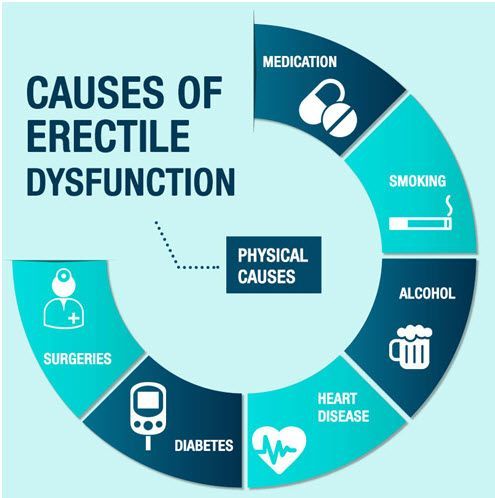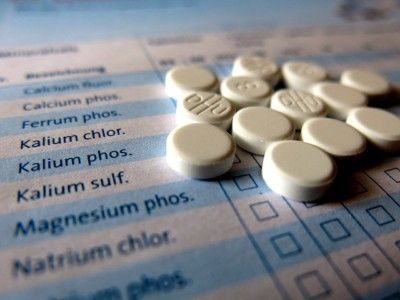Erectile dysfunction (ED) is a condition that affects millions of men worldwide, causing difficulties in achieving or maintaining an erection. It can have a significant impact on a person's self-esteem, relationships, and overall quality of life. In this article, we will explore the causes of erectile dysfunction and discuss potential solutions.
Causes of Erectile Dysfunction
There can be various contributing factors behind erectile dysfunction. Understanding these causes is crucial in finding appropriate solutions. Here are some common underlying causes:
1. Physical Health Conditions
Medical conditions like heart disease, high blood pressure, diabetes, obesity, and atherosclerosis can lead to ED. These conditions affect blood flow and damage blood vessels, making it harder for the penis to receive adequate blood flow for an erection.
2. Psychological Factors
Psychological factors, such as stress, anxiety, depression, and relationship problems, can contribute to erectile dysfunction. Mental health issues can interfere with sexual arousal and affect performance.
3. Lifestyle Choices and Habits
Poor lifestyle choices can exacerbate the risk of developing erectile dysfunction. Smoking, excessive alcohol consumption, drug abuse, and a sedentary lifestyle can all negatively affect sexual function.
4. Medications
Certain medications used to treat other health conditions, such as antidepressants, antihistamines, and blood pressure medications, can have a side effect of erectile dysfunction. Consultation with a healthcare professional can help in managing medication-related ED.
Solutions for Erectile Dysfunction
Fortunately, there are various approaches to managing erectile dysfunction. Depending on the underlying cause, different solutions may be suitable. Here are some potential options:
1. Lifestyle Modifications
Adopting healthier lifestyle choices can significantly improve erectile function. This involves regular exercise, maintaining a healthy weight, quitting smoking, limiting alcohol consumption, and managing stress effectively.
2. Medication
Several medications are available that can help treat erectile dysfunction. Common options include phosphodiesterase type 5 inhibitors (e.g., Viagra, Cialis) that increase blood flow to the penis, promoting erections. However, these medications should be taken under medical supervision to ensure safety and effectiveness.
3. Psychological Support
Talking to a therapist or counselor can help address any underlying psychological factors contributing to erectile dysfunction. Therapy can provide individuals with effective coping mechanisms, reduce anxiety, improve self-esteem, and enhance overall sexual well-being.
4. Hormone Therapy
In cases where hormonal imbalances contribute to ED, hormone replacement therapy may be recommended. Testosterone replacement therapy can help improve sexual function in men with low testosterone levels.
5. Surgery
In severe cases, where other treatments have proven ineffective, surgical interventions may be considered. Surgical options include penile implants, vascular surgery to improve blood flow, or surgery to repair damaged blood vessels.
Conclusion
Erectile dysfunction can be a distressing condition, but it's essential to remember that effective solutions are available. Identifying and addressing the underlying causes are key to managing ED successfully. By making lifestyle changes, seeking psychological support, considering medication or hormonal therapy, and exploring surgical options when necessary, individuals can regain control over their sexual health and improve their overall well-being. References: Reference 1 Reference 2 Reference 3









